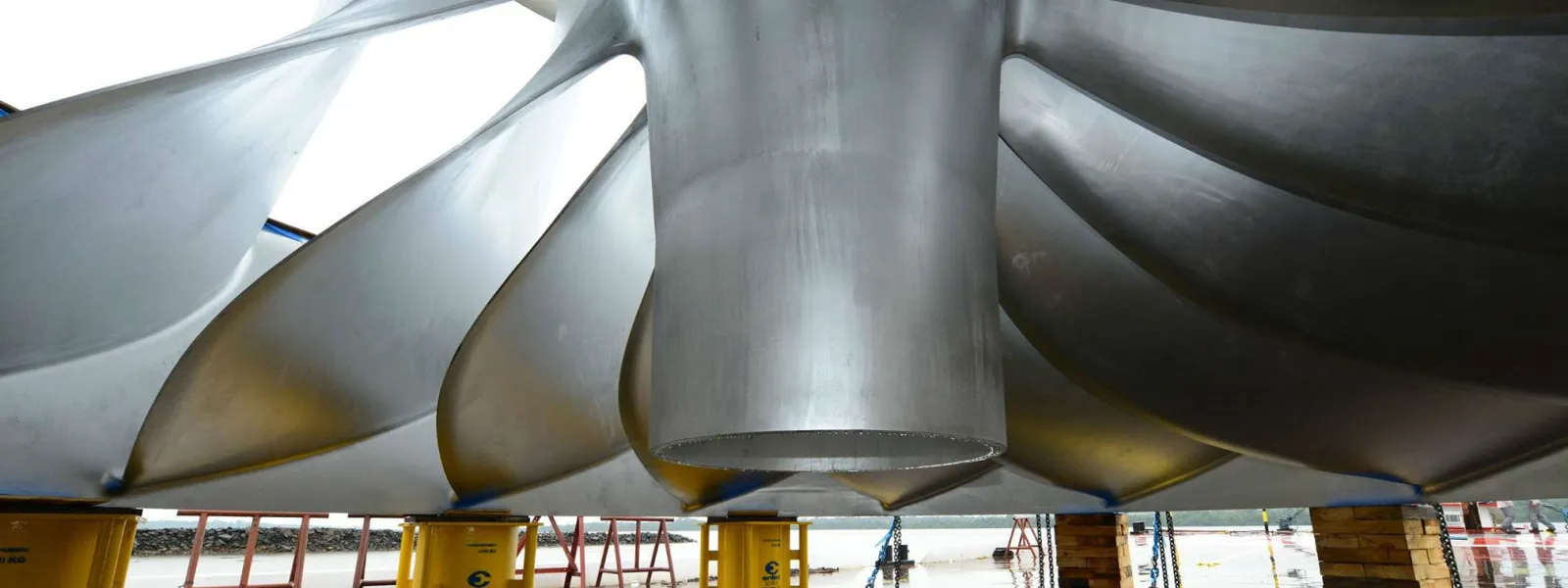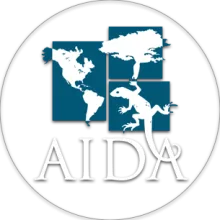
Urging the Brazilian National Development Bank to Invest Responsibly
The flow of the Xingú river in the Brazilian Amazon is diminishing to a trickle, while the rainforest around it disappears. Fish and other animals are scarcely seen, and many residents of the river communities have had to leave their homes and change their way of life forever.
This devastating panorama is the result of the construction of Belo Monte dam, slated to be the third-largest dam in the world. Despite the project’s many reported irregularities, construction continues to ravage the surrounding environment. And despite the corruption and seemingly endless questions surrounding the dam, the energy company building it has had no problems obtaining funding, mostly from the Brazilian National Development Bank (BNDES).
In Latin America, BNDES is more active than both the Inter-American Development Bank and the World Bank in financing large energy and infrastructure projects. BNDES does not, however, have standards that guarantee its investments do no harm to the environment and vulnerable communities; nor does it have an effective system to process the claims and complaints of those whose human rights are violated as a result.
AIDA is working alongside regional organizations in Brazil to draw attention to this unacceptable situation.
Too few people know about the problems caused by BNDES-supported projects, which means that society at large is not demanding accountability. To raise awareness, AIDA and allied organizations created an infographic that explains the harmful effects of BNDES investments in the region. Please help us distribute this valuable tool by sharing it with your friends!
“Our work aims to influence the Brazilian National Development Bank so it becomes a positive influence in the world of energy investments. We hope they begin to respect the environment and the human rights of the people who depend on it, and enable a shift towards a truly sustainable economy,” said Florencia Ortúzar, AIDA attorney.
“We want the Bank to stop funding large dams. As well as displacing entire communities of indigenous and vulnerable people, they actually contribute to climate change, because rotting vegetation in dam reservoirs releases enormous amounts of methane—a very powerful greenhouse gas. Instead of building more dams, the bank should avoid socio-environmental conflicts and positively contribute to regional efforts to adapt to and mitigate the effects of climate change.”
AIDA Staff

Founded in 1998, AIDA is a nonprofit environmental law organization that works across international borders to defend threatened ecosystems and the human communities that depend on them.
